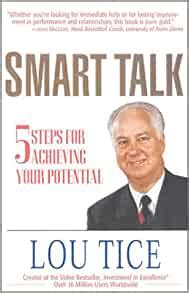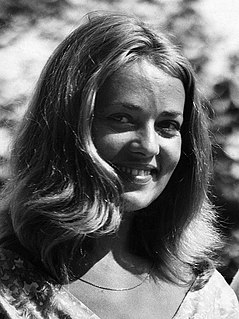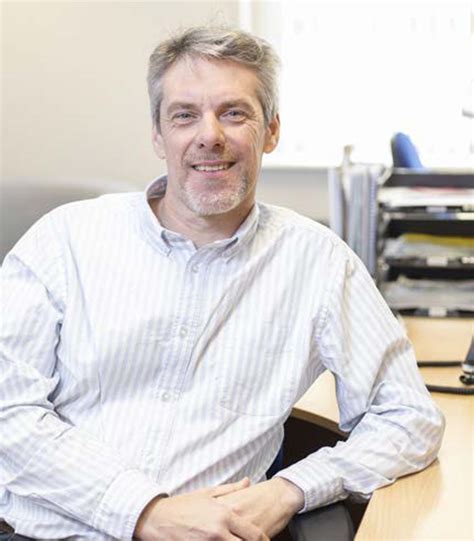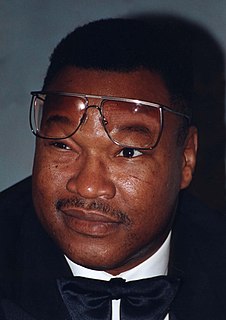A Quote by Kofi Annan
The other thing that really I regretted not being able to do was to push effectively for the reform of the Security Council. Because the world was changing, and is changing very fast, and I felt the UN was holding on to old arrangements. Most governments felt that it has such a narrow power base, based on the results of the second world war.
Related Quotes
It is one of the ironies of this strange century that the most lasting results of the October revolution, whose object was the global overthrow of capitalism, was to save its antagonist, both in war and in peace - that is to say, by providing it with the incentive, fear, to reform itself after the Second World War, and, by establishing the popularity of economic planning, furnishing it with some of the procedures for its reform
By declaring yourself a leader, you're taking initiative and moving into a role of influence in a lively and vital network that's changing the world. We're changing the world, first by changing ourselves and then by touching the world as changed beings. We believe the change in us catalyzes change in others. So in changing the world, we're choosing to be the change we wish to see in the world. By taking on this leadership role, you are choosing to be the change too.
The post-Second World War simple system of social democracy and organized labour has fragmented massively, but just because people aren't organized in workplace trade unions doesn't mean they aren't in associations with other people - work-based, place-based, culture-based, sport-based, faith-based - there's a bit of an old rainbow coalition argument.
I felt very proud to be part of a music scene that was changing the face of commercial music and rock music internationally, but I also felt like it was necessary for Soundgarden - as it was for all of these Seattle bands - to prove that we deserve to be on an international stage, and we weren't just part of a fad that was based on geography.
Actually, the phrase "national security" is barely used until the 1930s. And there's a reason. By then, the United States was beginning to become global. Before that the United States had been mostly a regional power - Britain was the biggest global power. After the Second World War, national security is everywhere, because we basically owned the world, so our security is threatened everywhere. Not just on our borders, but everywhere - so you have to have a thousand military bases around the world for "defense."
There was a time, right up until the end of the Second World War and beyond, when white people in Europe thought that they basically owned the world and that everybody else was a sort of servant, or a curiosity, or whatever. And that informed 99 percent of the photographic practice that was done. Without being able to address that, I felt I would have failed in my attempt to explain what the urge to document is.











































